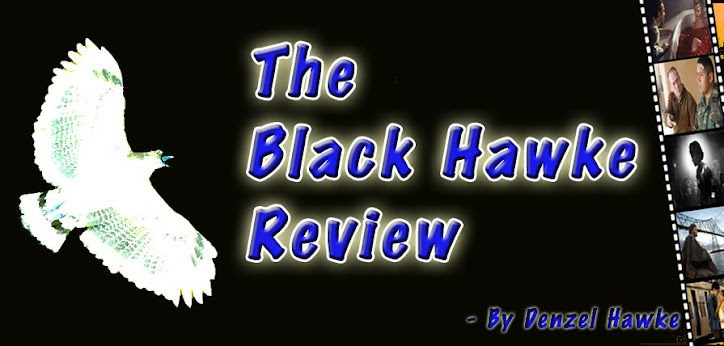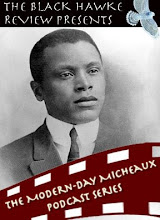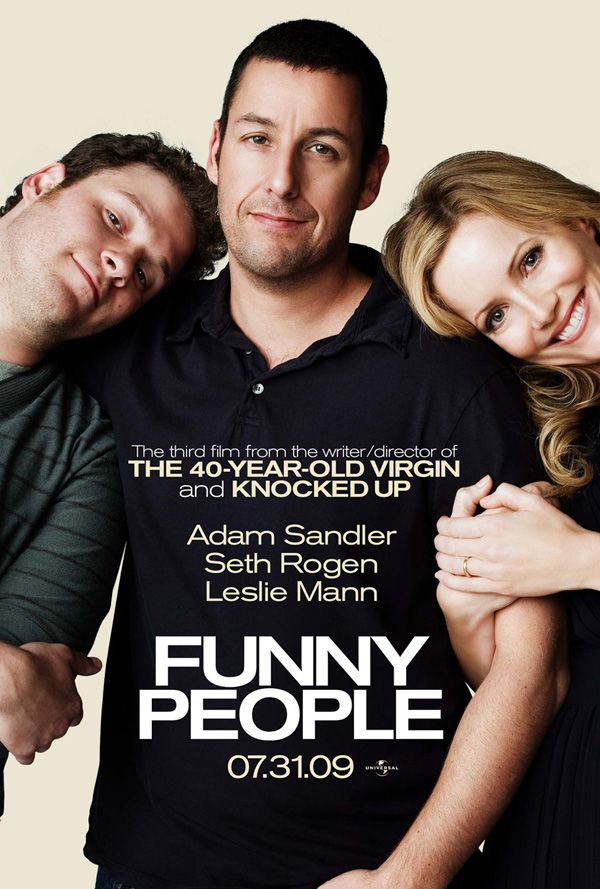 “I look for the dopeness in life, while you look for the wackness.” Touche Olivia Thirlby. The Wackness is the tale of the neurosis of an 18 year-old pot dealer set to the backdrop of New York City and 1994’s hip-hop scene. Josh Peck from Nickelodeon’s Josh and Drake stars in the lead as Luke Shapiro. Oscar Winner Ben Kingsley (Ghandi, Schindler’s List) plays Dr. Squires, his shrink whom trades therapy sessions for pot. Him and Shapiro build a strange friendship, and in turn, Shapiro falls for his step-daughter Stephanie. Method Man and Mary Kate Olsen co-star respectively as Luke’s supplier and Squire’s conquest, rounding out the oddest cast I’ve even seen together.
“I look for the dopeness in life, while you look for the wackness.” Touche Olivia Thirlby. The Wackness is the tale of the neurosis of an 18 year-old pot dealer set to the backdrop of New York City and 1994’s hip-hop scene. Josh Peck from Nickelodeon’s Josh and Drake stars in the lead as Luke Shapiro. Oscar Winner Ben Kingsley (Ghandi, Schindler’s List) plays Dr. Squires, his shrink whom trades therapy sessions for pot. Him and Shapiro build a strange friendship, and in turn, Shapiro falls for his step-daughter Stephanie. Method Man and Mary Kate Olsen co-star respectively as Luke’s supplier and Squire’s conquest, rounding out the oddest cast I’ve even seen together.I love slow films that allow you to breathe in the settings and characters, however, this film drags. Despite it’s richness, the energy definetly seems to be lacking. Writer/Director Levine may have been going for the sultry summer New York Vibe. Whatever it was, it didn’t connect with me. On a better note, who knew Josh Peck could breathe life into a role completely opposite from his Nickelodeon TV persona. He holds his own against Kingsley and even becomes more pleasurable to watch as the film progresses.
The muted cinematography is interesting and there are some beautiful, well-composed shots...
...but at times some scenes come of as amateurish and ironically they mostly involve Kingsley. I don’t feel his performance was worthy of the Razzie nomination, but his character did not seem fully drawn. A lot of his motivations didn’t make sense and I often found myself wondering which Squires we were going to get. The feeling of nostalgic 1994 and hip-hop really pop, but sometimes seem to bang you over the head with referencing. For example, in 1994, Rudy Gulliani had just been inaugurated as mayor and began to implement “punishments” for carrying noisy portable radios, and obstructing public with graffiti and public drunkenness. The characters seemed to reference this every twenty minutes, yet it had no influence on anything that happened past Squires and Shapiro’s jail sentence.
CULTURAL INTROSPECTION:
Shapiro has a social awkwardness, which causes him to be friendless, hence his dependency on Dr. Squires, and quick obsession with Stephanie whom only has to give him the time of day. He attributes this awkwardness to the fact that he thinks too much. Throughout the film, people tell him to relax and enjoy being young; Look for the “dopeness” in life, they allude to. SPOILER ALERT: At the end, when Stephanie won’t return his feelings, he leaves. She tries to explain herself, but he says no. He’s never had that feeling before. She asks him what feeling and he responds, having his heart broken. He leaves for college, seemingly glad that even though it didn’t work out, he’s had the experience. He found the “dopeness” out of a wack situation and feels he’s grown from it. It’s often said that depression is self-serving. Tragedies pile on because we lose the ability to appreciate any good in life. With the country in economic turmoil, it might not be a bad suggestion for people to chalk up their losses and start appreciating what they’ve learned about fragility.
BLACK PERSPECTIVE:
Even though the 1994 hip-hop scene serves as its own character, the other two black characters lack any interest or even a second look. As complex as the leads are, the blacks are as dense as any other stereotype you might come across. Method Man plays Luke’s supplier and with a horrible Jamaican-accent. All he does is supply Luke the weed. He doesn’t give us any insight into Luke’s life or even the New York scene (besides the perpetual Gulliani bashing). He could disappear and the movie would still function without losing a step. Hip-hop is highly regarded by Shapiro, sharing his discovery of music from Biggie and A Tribe Called Quest, although we’re never really given any understanding to his love of hip-hop and it seems to be challenged by everyone else in his life. At the end, he listens to a rock mix tape given to him by a buyer. Subtext being he’s expanding his horizons. While the ideology is fine, the problem is that blacks nor hip-hop music never seem to be fully valued in this film.
EXTRAS:
The Wackness garnered Levine a Best First Screenplay nomination at the 2009 Indpedent Spirit Awards and The Grand Jury Prize at 2008’s Sundance. He won the 2008 Audience Award at Sundance as well.
RATING:
 = 2 stars
= 2 stars = 2 black fists
= 2 black fists***Note: This rating misrepresents how much I liked the film. I would recommend this to anyone craving something different from the normal Hollywood blockbuster.














.jpg)
I kind of want to see this movie but it's not at the top of my list.
ReplyDeleteIt's not a must see, but still enjoyable. I think someone into quirky characters like yourself will like it.
ReplyDeleteGood Review, I will disagree with the Black Perspective though. Method man's role was merely a cameo and seemed nessecary especially with his contribution to the 1994 hip hop scene this cameo pays tribute. The African americans in this movie were not the center focus, hence their lack of complexity nor were they portrayed negatively.The Guiliani bashing that takes place in the movie seems to represent the dissconnect they feel with their families and society as a whole representing their Anti establishment attitudes. That happens to blend quite well with the attitude that the hip hop community at that time had towards Guliani breaking down on petty crimes.
ReplyDeleteWhich seemed to target Minorities and people of lower economic status.
Furthermore the black perspective was disappointing I was hoping it was as insightful as the review.It seemed rather forced with little substance. I would be intrested on hearing your take on the societal interprations of the director rather than a rant of racial inequality based on salient features.
Thank you for your comment and unique perspective. I still feel as though the movie portrayed blacks negatively, but I may not have expressed it was well as I should have in the Black Perspective.
ReplyDeleteI don't think Method Man's role was merely a cameo. He was in a number of scenes and even receives a starring credit.
Regardless, his character is the only black person in the whole movie. The only black person in the movie is a drug dealer which is a common black stereotype. If the character had more complexity, then this could be overlooked, however the only thing we know about this character is that he sells drugs. Even though the film isn't about black people, even negatively portrayed minor roles are detrimental.
Furthermore, with the film showcasing hip-hop to the extent it does, it never really pays homage or any respect to the people who developed the music. Other than Shapiro the only person who listens to hip-hop is the drug dealer.
The problem with this is that people often connect race with the stereotypical attributes the media portrays, especially people who have not had much contact with people of color. If someone from another country's only experience with black people was this movie, they would think hip-hop and drug dealing, things people who have had contact with black people already find synonymous. That's why it is so important to portray minorities positively and mainly what I aim my blog to discuss and criticize about.
As far as the Guliani bashing, I really didn't have a problem with it. I only complained about it's frequency. There are about four or five comments throughout the film that really have nothing to do with the plot or storyline.